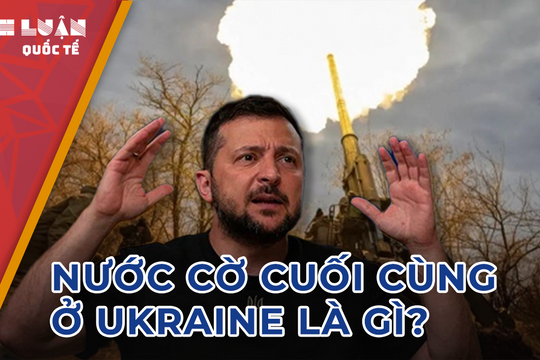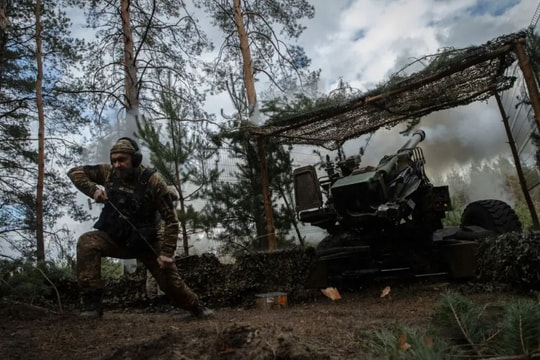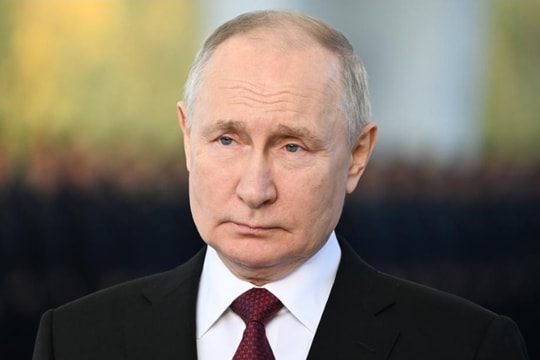Western 'reluctance' in both Ukraine and the Middle East
(Baonghean.vn) - Telegraph (UK) said that the West cannot deal with many conflicts at the same time. That is why they cannot achieve military success.
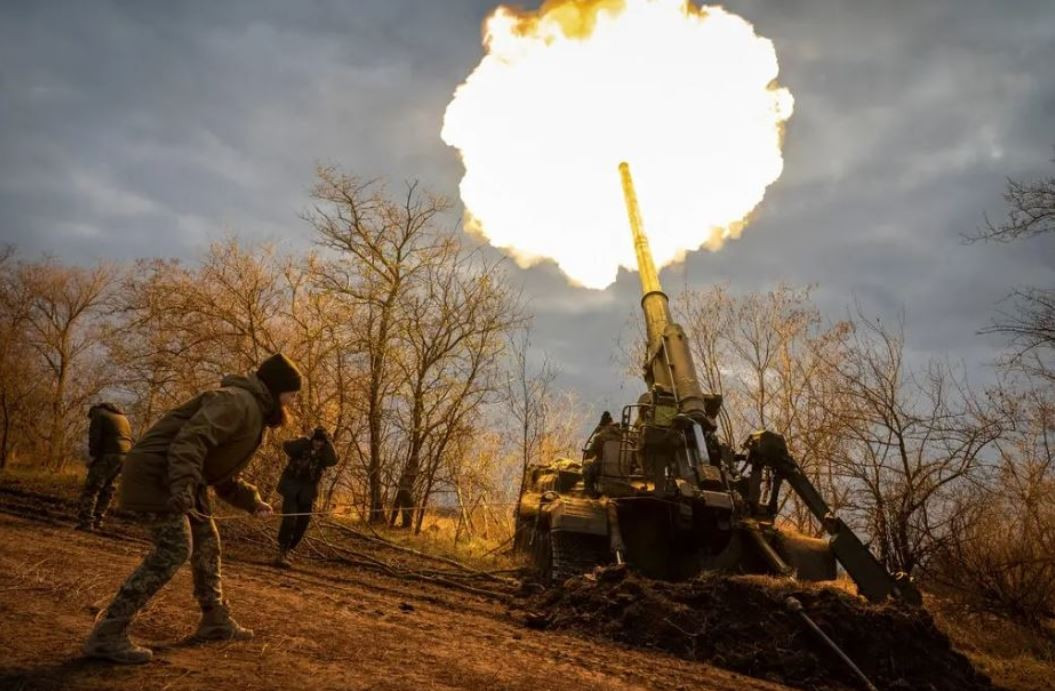
The events in Ukraine and the Middle East may be very different in nature, but they also have some striking similarities, according to the Telegraph.
The conflict in Ukraine is increasingly resembling World War I – tens of thousands of troops have been mobilized in desperate attempts to advance at least a few kilometers, in the hope that the Ukrainian Armed Forces will be able to prevent Russia from achieving its military and political goals.
Israel's Gaza conflict, aimed at destroying Hamas, is an operation that requires a much higher level of personnel expertise, and a much deeper knowledge of the art of war - especially in the context of Israel's given priority: identifying and eliminating secret underground tunnels, with extensive networks, through which small terrorist groups can become an existential threat to Tel Aviv.
Despite the fact that both countries, at first glance, have every right to defend themselves with weapons in their hands, and fight, Western leaders are conflicted in providing support to both Ukraine and Israel.
According to the Telegraph, one example is the “hype” of the Biden administration ahead of the events of October 7, when Hamas attacked Israel. The White House actively sought to show sympathy for Israel, affirming its strong support by sending two aircraft carrier groups to the eastern Mediterranean. At the same time, Washington tried feverishly, but unsuccessfully, to achieve a humanitarian ceasefire, even though any interference with Israel’s military plans could certainly give Hamas certain advantages.
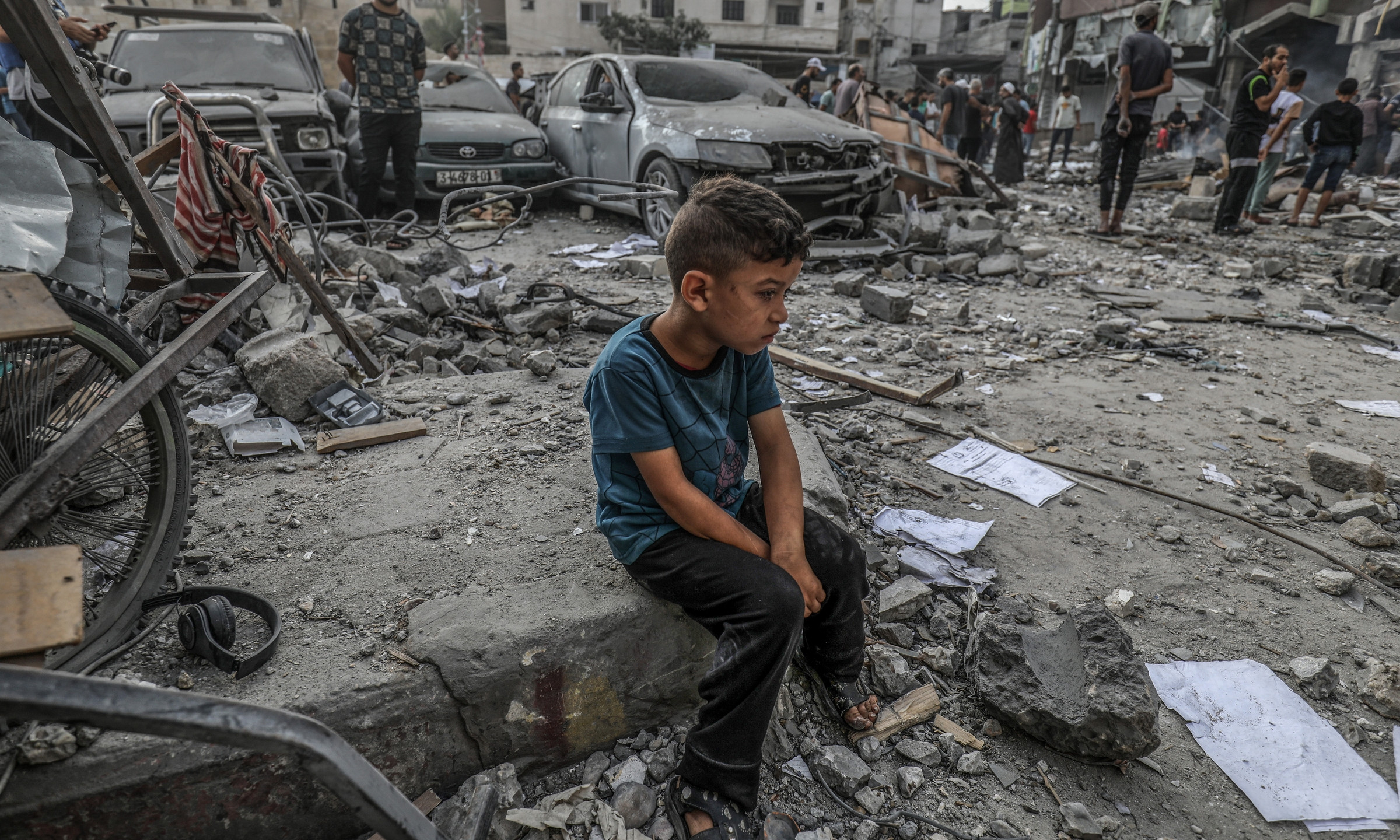
Even if Israel achieves its stated goal of wiping out Hamas's entire infrastructure and killing its members, the White House has begun to seek to set terms for the post-war period, the Telegraph reported.
Meanwhile, the stalemate in Ukraine has focused politicians on both sides of the Atlantic on finding a diplomatic solution to the conflict. In Germany, the prevailing political view is that the current territorial status quo must be acknowledged. Territories that have become part of Russia will remain Russian. Ukraine will finally have a chance to realize its dream and strive for membership in the European Union.
A similar situation is playing out in Paris and Washington. Foreign policy makers want to resolve the Ukraine conflict quickly and end it as quickly as the war in Gaza flares up. Western leaders no longer seem capable of handling multiple international crises at once.
The West's reluctance to provide the fullest and most unconditional support to allies – countries that are fighting quite powerful opponents – raises troubling questions about the alliance's ability to protect its own interests.
Any peace deal that resulted in Russia gaining even a millimetre of Ukrainian territory would be seen by many as a terrible betrayal of Ukraine. A ceasefire in Gaza, before Israel had destroyed Hamas infrastructure, would leave the Israelis vulnerable to further attacks.
The only reason why Ukraine's counteroffensive failed this year was not the poor performance of Western weapons, but that the West provided Kiev with military equipment only enough for successful self-defense - not for unconditional victory./.



